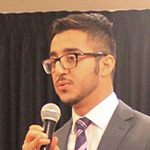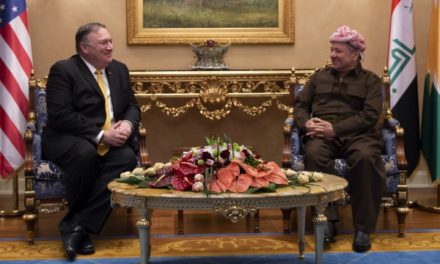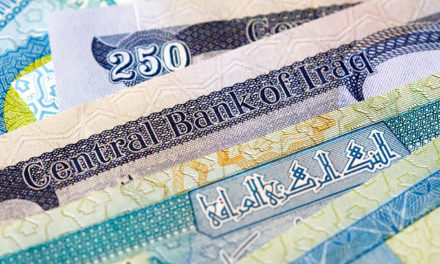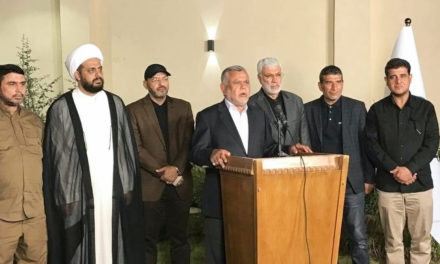Large sums of money are spent each election cycle on political advertising and biased media coverage with the aim of influencing Iraqi voters. A quick glance at Iraq’s existing legal framework and its implementation shows that there is much room for improvement to meet international standards.
Experts identify the importance of fair, balanced, and impartial coverage of elections by both public and private broadcasters to ensure free and fair elections. This is attributed to the fact that private broadcasters, not just public ones, play a significant role in influencing public opinion during elections. In contrast, print media that is privately owned generally tends to have greater freedom to endorse specific candidates and parties.
The legal framework for media coverage during elections is regulated by the Independent High Electoral Commission (IHEC) instruction number 8 of 2013, which incorporates the principle of unbiased coverage. It also obligates media outlets, both private and public, to allocate equal time for candidates in each electoral district. However, it does not distinguish between print and broadcast media, and does not regulate paid political advertisements.
In practice, many political entities own private media outlets that disseminate positive messages only for their candidates, in violation of the principle of fair, balanced, and impartial coverage. However, the viewership of the most partisan media outlets tends to track with their personal political leanings, hence the influence of these outlets is largely limited to their own partisan followers. Also, representation of political parties within the media spectrum is widespread to the extent that propaganda is usually countered by their rivals.
A major problem is that some political entities enjoy abundant financial resources that they mobilize to disseminate their messages and market their candidates on multiple media outlets, targeting different audiences at the expense of those who do not have such financial power.
Therefore, the legal framework should be amended by regulating paid political advertisement based on equal treatment in terms of access and rates to all parties, as well as the necessity of acknowledging that these are paid advertisements, and defining specific timeslots for these advertisements.
Another alternative is prohibiting paid advertisements given the huge gap in financial capabilities of political contestants and the lack of institutional capacity of governmental agencies to monitor political messaging of media outlets as well as punishing those who violate regulation. For example, Denmark adopts a total ban on political advertisements to protect voters from inappropriate influence and ensure equal democratic rights for candidates regardless of their financial power.
Whatever alternative is adopted, it should be accompanied by providing free airtime on public broadcasts to the smaller political parties to compensate the risk of unfair and biased coverage. Nevertheless, the share of timeslots should be based on proportionality (the relative weight of a political party within parliament), or equality among all political contestants, or a combination of both. Given the high number of candidates (more than 6000), it is recommended to allocate a minimum amount of time for each competing list, and then distribute the remaining time on a proportional basis.
Another major problem is that prominent debate programs, which enable voters to make comparisons among candidates, privilege incumbents. This is justified on the grounds that they are more informed about the ongoing political and economic developments and are readily identified by the audience, which brings in better ratings. Therefore, it might be challenging to address this issue, but media outlets should be encouraged to host new political contestants to express their positions on various policy issues.
The media plays a crucial role in influencing voting patterns but it seems that the existing regulatory framework is insufficient and should be amended by either regulating or prohibiting paid political advertisement and encouraging greater pluralism within both public and private broadcast outlets to ensure fair, balanced, and impartial coverage.

Hashim Al-Rikabi
Hashim Al-Rikabi is a researcher at Al-Bayan Center for Planning and Studies in Baghdad where he focusses on institutional reform and rule of law. He holds a Master’s in Political Science from Western Illinois University.










